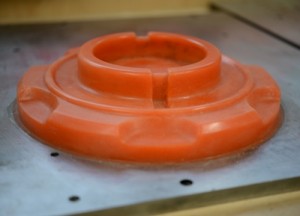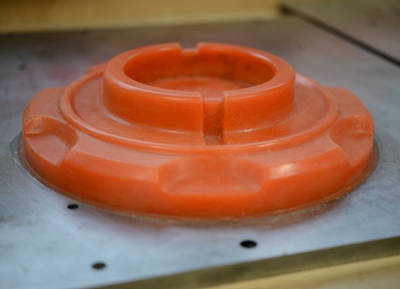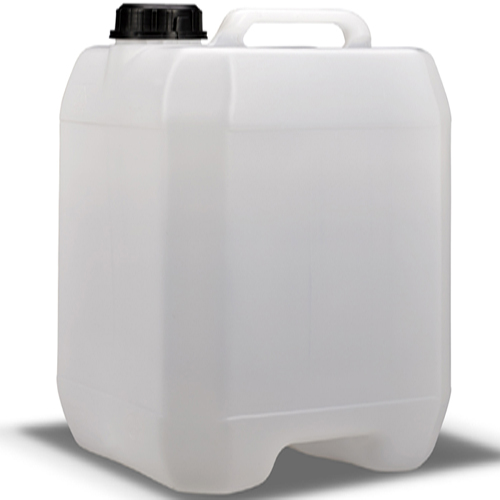Grafenberg, 25.10.2012 – Over the years, requirements in the foundry industry have changed. More than ever, new forward-looking, sustainable products and solutions are sought after to remain competitive and to gain market share internationally. The trend towards ecological materials, not least because of new legislation, has con-firmed the efforts of the RAMPF Group who has only ever been developing and pro-ducing skull and crossbones label free products.

“Already early on we have initiated developments in the area of sustainability” com-ments Heinz Horbanski, Managing Director at RAMPF Tooling. This is evident through the research and development of the last few years during which RAMPF has continuously produced forward-looking and user friendly new developments. Prime examples are the polyurea casting and gelcoat systems for the production of models, pattern plates and core boxes. The systems are low toxicity and do not need to be labeled with a skull and crossbones sign. The most important requirements for the products used in the foundry pattern pro-duction are a high abrasion resistance, a superior dimensional stability as well as good chemical resistance against release and binding agents.
In addition the prod-ucts should be easy to process, change and repair. The use of plastic materials in the foundry industry has a number of advantages when compared to conventional materials. They are easier to process, reduce process time, are cheaper than metal tools and have less weight.
Breaking new ground with RAKU-TOOL PC-3458/PH-3958
The brand new RAMPF Tooling two component polyurea casting system, for which first field-tests took place in July 2011, already has shown excellent application re-sults with pattern plates as well as core boxes. It is the first product which can re-place the currently commercially available DDM systems. Taber and sandblasting abrasion tests according to BDG guideline (VDG data sheet), p 51) confirm that the abrasion resistance is very high as field testing has shown that in excess of 60,000 parts could be produced.
Dependent on the forming process and part geometry, the number of parts to be produced is even +10% higher than with the use of the pre-vious DDM containing systems. The new casting system has a very low disposition to sand adhesion and exhibits a good temperature resistance of 80-90°C. Thus the automatic heating up of core boxes during a large series run is no problem. Through the precise imprinting of surfaces, labeling fields can be cast directly without air en-trapment.
RAKU-TOOL® PC-3458/PH-3958 is specially suited for face casting used for large series production. After abrasive wear of the surface the undersized cores made out of metal or plastics can be re-coated. Face casting is generally used for the produc-tion of pattern plates or core boxes in large series. The backing structure can be adjusted to suit individual requirements for the mold production.
The most effective way to process the material is through the use of a mixing, me-tering and dispensing machine but it can also be cast by hand using several gatings. During processing, the material, negatives and molds are pre-heated to ca. 40°C. The excellent final properties of the system are obtained through a post cure over night at 40 °C.






